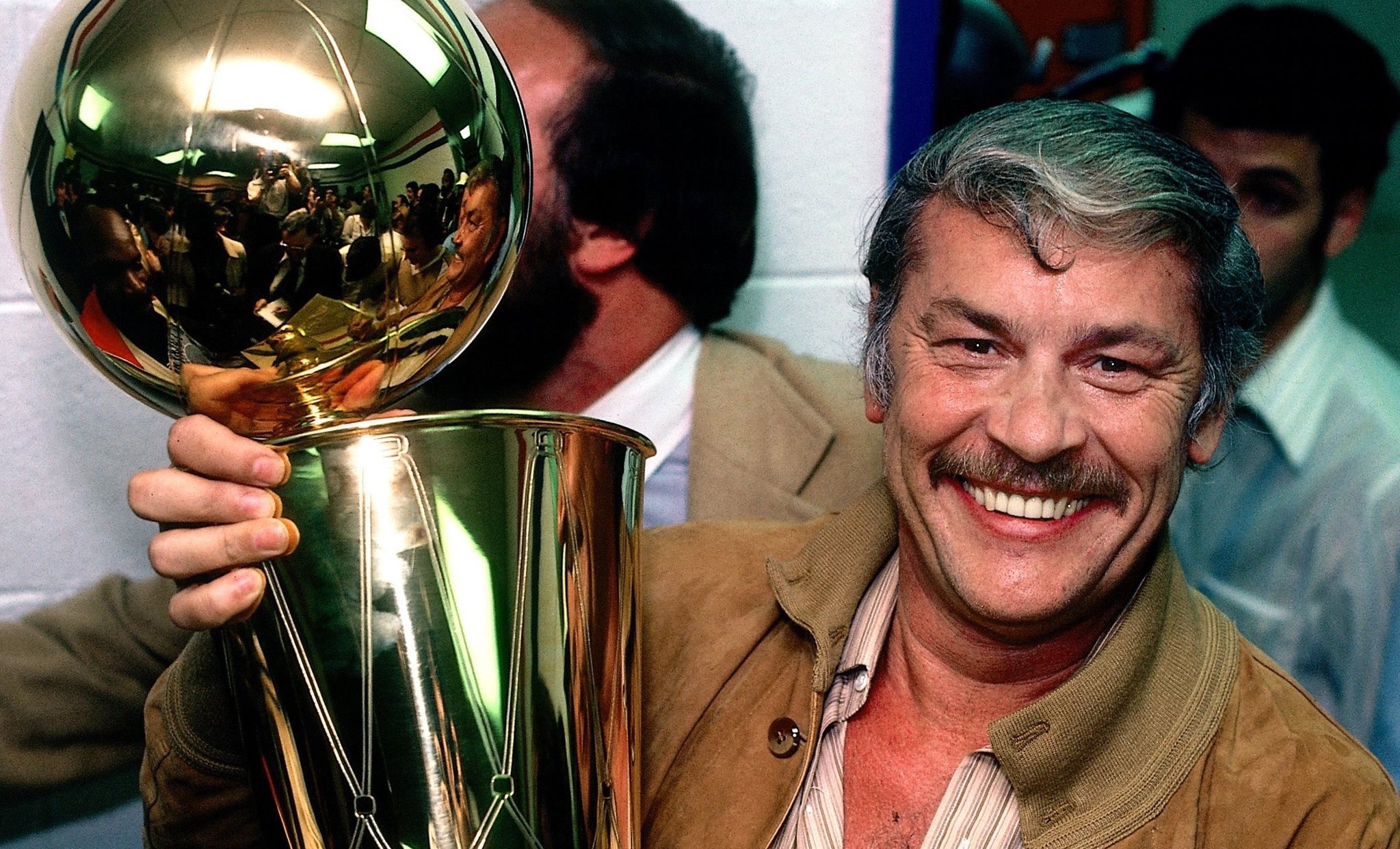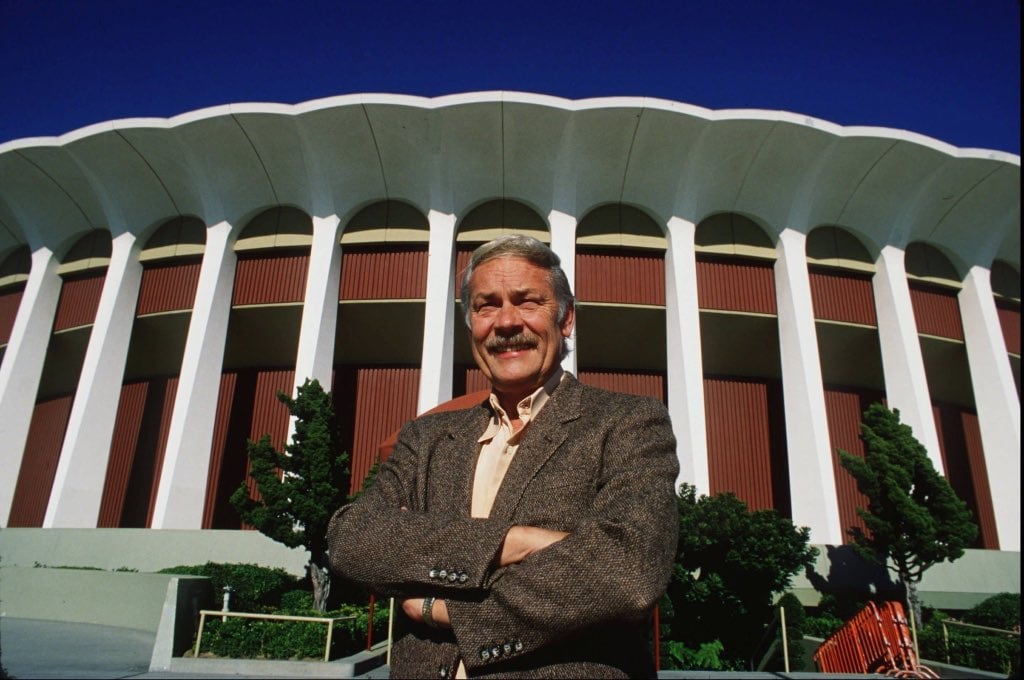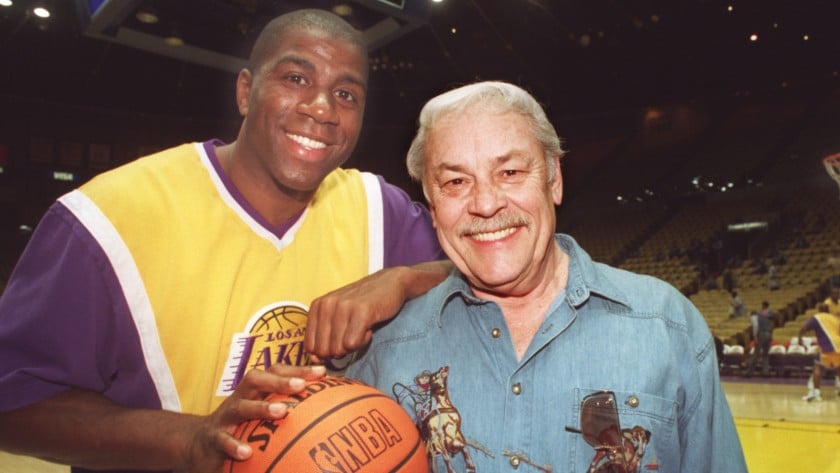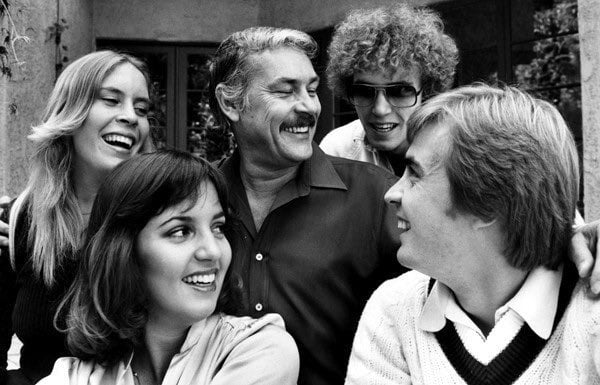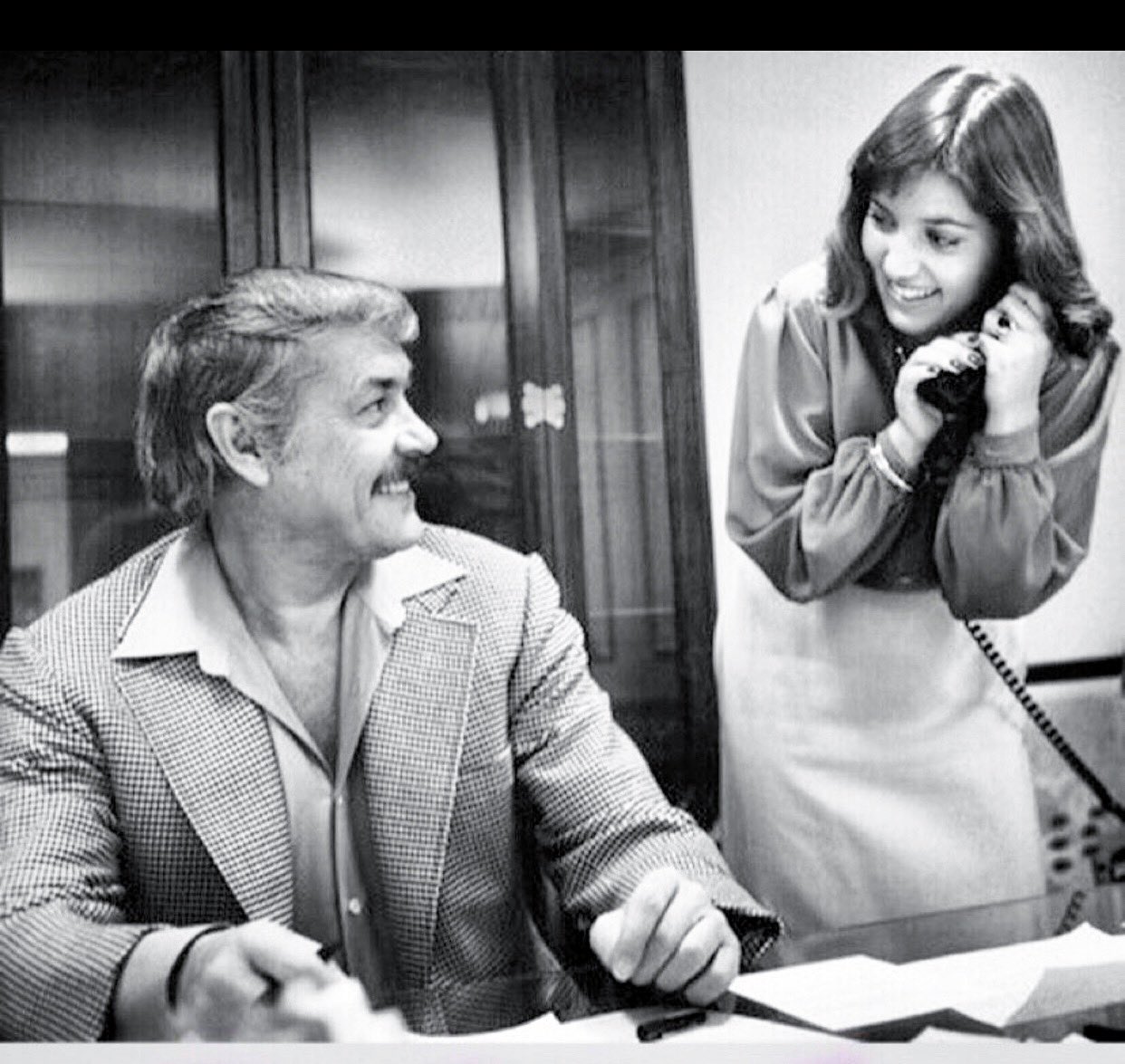The Rise of Jerry Buss: From Modest Origins to Sports Mogul
Rags To Riches: How Jerry Buss Became The Greatest Owner In Sports
Dr. Jerry Buss stands as a transformative figure in American sports history. Known for steering the Los Angeles Lakers into a golden era of dominance and entertainment, his impact is as resonant today as it was during his lifetime. Celebrated by icons such as Kobe Bryant, who once described him as “the greatest owner in sports ever,” Buss's story is both one of personal triumph and groundbreaking innovation. This article chronicles how Jerry Buss built his fortune, revolutionized team management, and shaped the modern sports experience.
The Early Years: Foundations Built Through Adversity
Born on January 27, 1933, in Salt Lake City, Utah, Jerry Buss’s childhood was marked by hardship. With his father departing the family during his early years, Buss and his three siblings were raised by their mother, Jessie, through the difficulties of the Great Depression. The family relocated several times, moving to Los Angeles and later Kemmerer, Wyoming, after Jessie remarried.
Jerry’s formative years involved more than just school-he worked for his stepfather’s plumbing company, waking up before dawn to help on job sites before heading to class. These early experiences forged his reputation for hard work and perseverance, attributes that later fueled his business achievements. Despite a sense of alienation in Wyoming and challenges at home, Buss remained academically focused, developing a love for math and science much like his biological father, who was a statistics professor.
While still in high school, Jerry worked at a local hotel, earning modest wages, yet never compromising his grades. He received a scholarship to the University of Wyoming and graduated in just two and a half years with a degree in science before pursuing advanced studies at the University of Southern California (USC). By age 24, Buss had earned a master’s and a doctorate in physical chemistry.
Dr. Jerry Buss. [Image: Twitter/DantheLakersFAN]
Pioneering Success: Business Ventures and Investment Strategy
Jerry Buss started his career as a chemist, working for the Bureau of Mines and then taking positions within the aerospace industry and the USC chemistry department. However, his true business journey began in 1959 when he invested $1,000-his savings at the time-into Los Angeles real estate. This simple yet bold move launched an empire.
During the early 1960s, Buss partnered with Frank Mariani to form Mariani‐Buss Associates. Their real estate ventures flourished, and by the closing years of the 1970s, the company managed roughly 700 properties across California, Arizona, and Nevada. Estimates placed Buss’s business portfolio at an impressive $350 million.
Making a Mark in Sports Ownership
Buss first entered the world of sports by purchasing the Los Angeles Strings of World TeamTennis in 1974. While the league folded a few years later, Buss’s ambitions soon found a new arena.
Transforming the Los Angeles Lakers
In 1979, Jerry Buss acquired the LA Lakers (NBA), the LA Kings (NHL), The Forum, and a sprawling 13,000-acre ranch in a single $67.5 million transaction. The Lakers' fortunes changed almost instantly; in 1980, they clinched the NBA championship with Kareem Abdul-Jabbar and rookie Magic Johnson leading the team.
Magic Johnson and Jerry Buss. [Image: Twitter/LakersGlobal]
The Lakers flourished under Buss’s stewardship, capturing 10 NBA championships-a feat unmatched since 1980. Even as rivals like the Chicago Bulls rose in the 1990s, the Lakers continued to build star teams, especially after acquiring Kobe Bryant and Shaquille O’Neal in the mid-1990s. Phil Jackson, who coached the 2000-02 Lakers to a rare “three-peat,” was pivotal in this ongoing success.
But Buss’s contributions weren’t confined to winning games. He transformed basketball into a full-scale entertainment spectacle, incorporating cheerleaders, live music, and converting arenas into VIP social destinations, such as the exclusive Forum Club. Celebrities flocked to Lakers games, and attending became a signature part of Los Angeles culture.
Experience with the LA Kings
While Buss was largely focused on the Lakers, he also owned the LA Kings hockey team. The Kings made regular playoff appearances during the 1980s but never secured a Stanley Cup before the team was sold in 1988. Their most attention-grabbing moment came after Buss’s tenure, when the franchise acquired hockey legend Wayne Gretzky.
Women’s Basketball and the LA Sparks
Jerry Buss’s commitment to sports extended to women’s basketball. As owner of the LA Sparks from 1997 to 2006, he oversaw two consecutive championships in 2001 and 2002. The team set league records and included notable figures like coach Michael Cooper and legendary player Lisa Leslie, who became the first woman to dunk in a WNBA game. Collectively, Buss’s basketball franchises tallied 12 total championships under his leadership.
Family, Leadership, and Succession
Jerry Buss with his children. [Image: Twitter/ACoachsDiary]
Jerry Buss had six children: Johnny, Jim, Jeanie, Janie (with former wife JoAnn Mueller, divorced in 1972), and Joey and Jesse (with partner Karen Demel). All were involved with the Lakers after his death in 2013. Buss held a 66% majority stake in the Lakers, divided equally among his children, each inheriting an 11% share.
The family stewardship saw Jeanie Buss take on the most visible role. She became the team president and Lakers’ representative on the NBA Board of Governors, later becoming the first female controlling owner to win an NBA championship when the Lakers triumphed in 2020.
Jerry with daughter Jeanie, CEO of LA Lakers. [Image: Twitter/JeanieBuss]
Family Disputes and Continuing the Legacy
Beneath the surface, maintaining family harmony proved challenging. Jeanie dismissed her brother Jim as Executive Vice President of Basketball Operations in 2017, resulting in legal struggles over team control. She successfully defended her position, ensuring that the Lakers remained under unified family ownership, honoring Jerry’s intent to divide the legacy among his children.
Legal battles aside, the Buss family remains at the helm of the Lakers, navigating both business and team operations-a testament to Jerry’s durable vision.
The Extraordinary Impact and Enduring Legacy of Jerry Buss
Jerry Buss passed away on February 18, 2013, after battling cancer. Mourning came from all corners of the sports world, with NBA commissioner David Stern citing Buss as a “visionary owner whose influence…will be felt for decades.”
Buss’s leadership style was widely admired; he treated all individuals with courtesy, regardless of their position, a humility perhaps rooted in his modest beginnings. Though not without personal controversies-such as his 2007 DUI arrest and reputation as a bon vivant-Buss is celebrated for transforming sports entertainment and for his immense generosity.
Today, the NBA and the wider sports industry are, in many ways, a reflection of Buss’s innovations. Through the Lakers, the Forum Club, and the culture of spectacle he championed, Buss redefined what it meant to be a team owner: not just a financier, but a showman and visionary. His influence shaped athletes, fans, and the business of sports in America.
Jerry Buss’s journey from working-class roots to legendary sports owner is a lasting inspiration, embodying both excellence and the spirit of possibility. His legacy, visible every time the Lakers take the court, endures as an indelible part of sports history.
Lead image: Twitter/LAKERFANATICS

